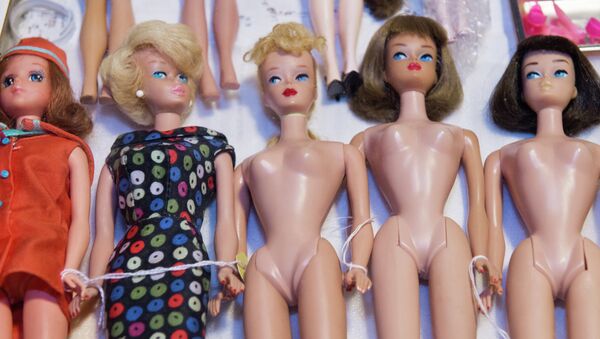Speaking ahead of her inaugural address as the new president of the British Science Association, she argued that compelling girls to play with Barbie dolls rather than chemistry sets directly affects the career choices young girls make later in life, leaving little chance they will choose careers in science, for example.
"We need to change the way we think about boys and girls and what's appropriate for them from a very early age. Does the choice of toys matter? I believe it does," Dame Athene said.
Does playing with Barbies encourage girls to be passive? http://t.co/DDYNkpfJvT pic.twitter.com/vOADCWoFU2
— Stylist Magazine (@StylistMagazine) 4 сентября 2015
She bemoaned the fact that the society "uses social constructs by stereotyping what boys and girls receive from the earliest age."
Yeah, toys shouldn't be sexist! RT @SheHeroes: Go Target!! #ChangingTheConversation http://t.co/csw9x289pI
— Christine Sitzes (@sacourtreporter) 11 августа 2015
"Girls' toys are typically liable to lead to passivity – combing the hair of Barbie, for instance – not building, imaging or being creative with Lego or Meccano," she said.
She called for changing the mind-sets of teachers and parents alike as soon as possible because "the problem of how we introduce gender stereotyping for our children starts incredibly early."
DEBATE: Do you think kids toys are sexist? This mum is giving Barbies a #Marvel makeover http://t.co/K9jMdc8KNV pic.twitter.com/neuI0Kh260
— Hearst Women (@HearstWomen) 27 июля 2015
"I know there are people who think that what children do at age four is irrelevant at their A-level choices, but I’m not so sure," Dame Athene pointed out.
Earlier this year, the online retail giant Amazon announced that it would remove the terms "boys" and "girls" from its toy categories, while the Danish toy company Lego unveiled its first-ever female scientist figure.



